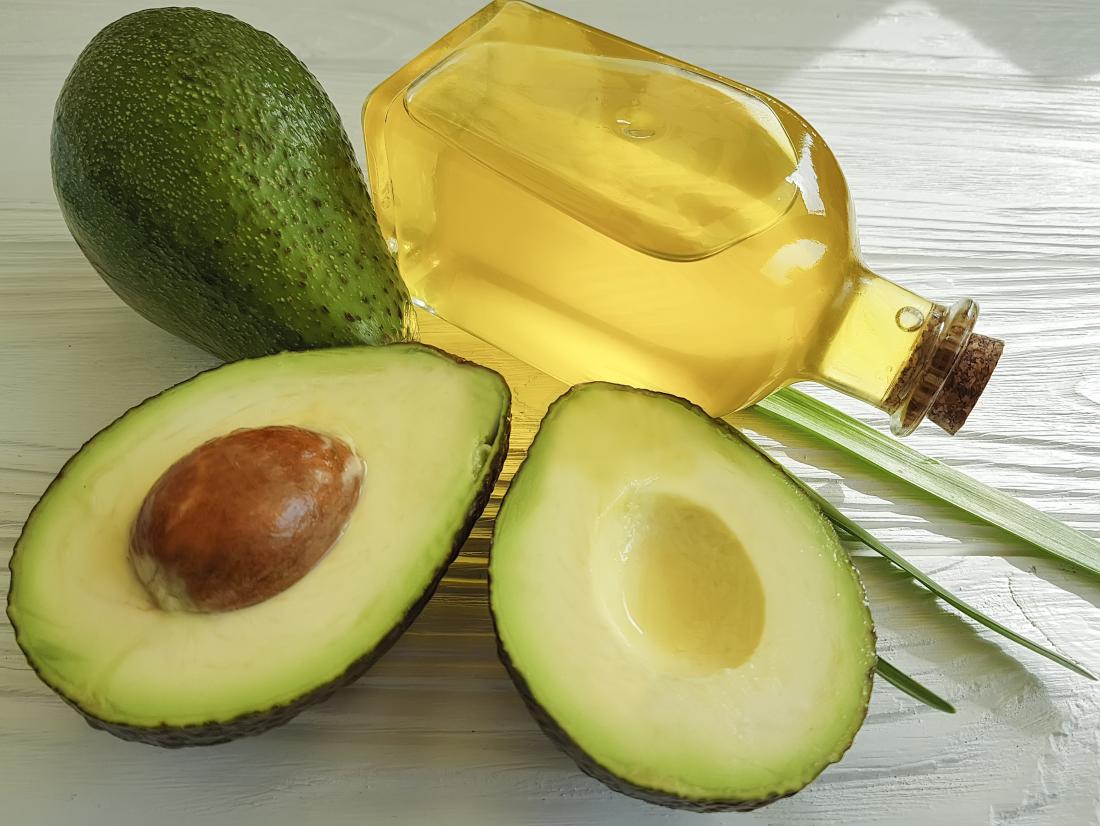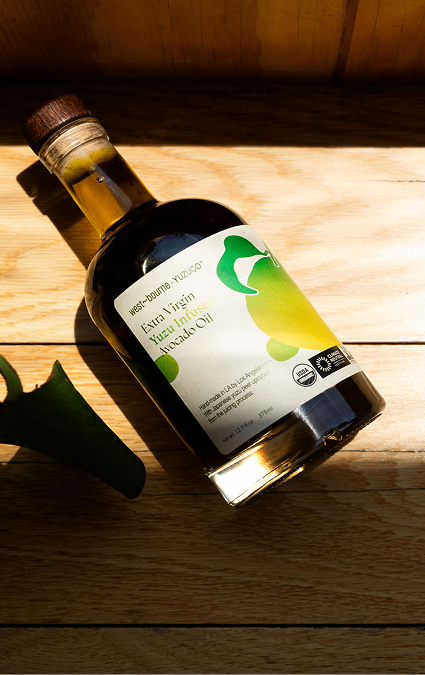Why Avocado Oils Are Healthier Than Seed Oils

Oil is the basis of almost every dish that involves heat. Olive oil, avocado oil, coconut oil — these are just some of the options a chef has as they prepare their food for dinnertime. One family of cooking oils that’s very popular in mass production and in recent years has become the subject of much debate are seed oils. This includes products like sesame oil, canola oil (which is derived from rapeseed), sunflower oil, and others. Several recent studies have found there to be potential negative health risks that come with the ingestion of seed oils — today, we’ll unpack what scientists are saying, and why cooking with products like avocado oil and extra virgin olive oil are healthier, more regenerative choices.
What exactly are seed oils?
Seed oils are derived from the seeds of various plants. They include extremely common cooking oils like canola oil and many vegetable oils, as well as corn oil, sunflower oil, cottonseed oil, and soybean oil, many of which are used liberally in mass production of processed foods. The way seed oils are refined for consumption involves a process that uses chemical solvents in addition to heat, which many scientists are now saying could be producing unhealthy compounds including trans fats.
What food are seed oils found in?
Most fried foods, like french fries and onion rings, use seed oils, because they’re cheaper and more economical to use on a mass scale. Burgers, baked goods, snacks like chips, crackers, and cereals, and many other processed foods contain different seed oils. Additionally, most frozen foods, condiments, and veggie-based meat alternatives use seed oils. Check ingredients lists to see what different products contain and opt instead for foods cooked in avocado oil, extra virgin olive oil, or butter.
So what specifically are the negative health effects of seed oils?
Glad you asked. There are several negative health effects that have been connected to seed oils by recent scientific journals emphasizing how seed oils are high in omega 6 fatty acids, overly processed, prone to harmful oxidation, and can lead to damaging metabolic issues. A study out of theUniversity of California, Riverside connected soybean oil to diabetes, obesity, and inflammatory digestive tracts, as well as suggesting connections to other even more serious conditions. Other journals and data analyses have suggested links to colon cancer and cardiovascular disease.
Are all seed oils created equally?
There are certain seed oils that are better than others. Cold-pressed sunflower and flaxseed oils can have health benefits when consumed in low amounts.

What should I use instead?
It’s better to stick to products likeavocado oil, which are available now atwest~bourne. Butter and coconut oil are also healthy alternatives. Avocado oil is a great cooking oil because of its high smoke point, neutral flavor, and superfood status.







